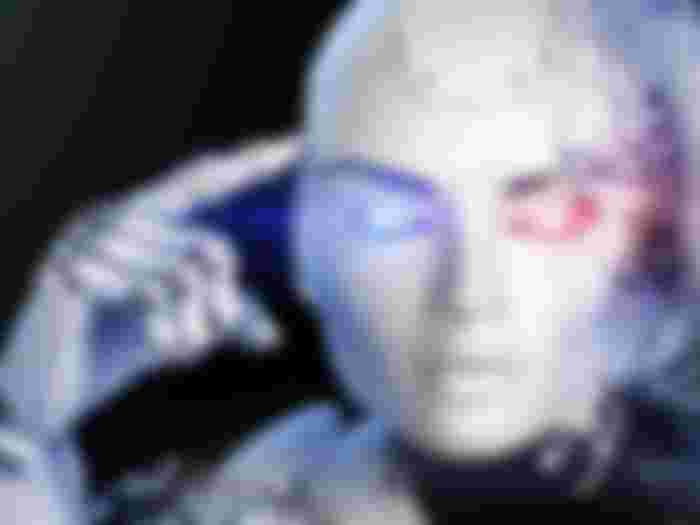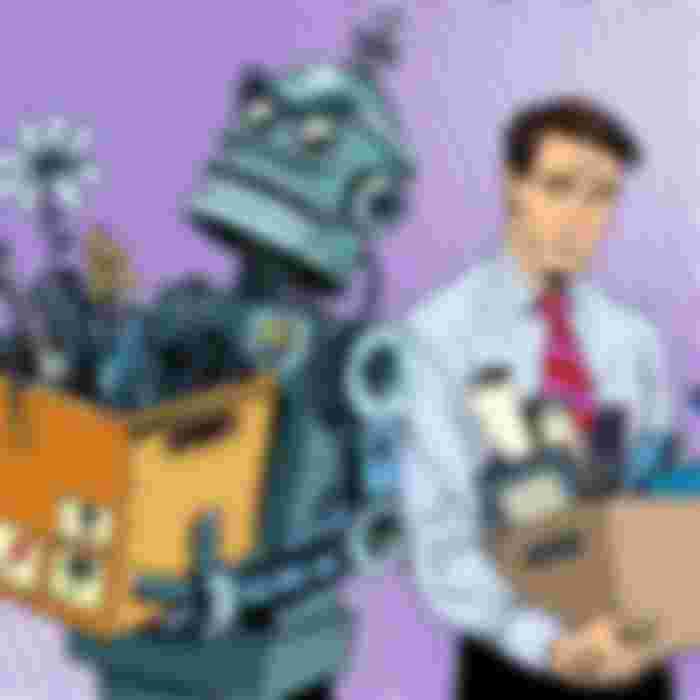The rise of the machines is one of the most common themes in popular culture and one of the lesser-known theories of the apocalypse. Artificial intelligence, with which humanoid robots will be endowed, is the future. At least, that's what some scientists and thinkers think. But what if artificial intelligence, AI, were to evolve so much that it would actually rebel against humans?
How have we been surpassed.
About 13.8 billion years ago, according to Stephen Hawking, a true miracle occurred on Earth: consciousness was born. Organisms ceased to be a mindless set of biological programs that performed the functions of survival and reproduction. They learned to feel, to think and to be aware of themselves. How did this happen?

According to the scientist, the human brain has the same pattern of program operation as the brain of any primitive creature. The computer works according to the same principle, which means that it can copy the human intellect and even multiply it. Why can't a computer's more powerful "brains" surpass ours, if our brains were once more developed than those of chimpanzees?
How do they surpass us?
Computers operate under Moore's Law, and if this system remains unchanged, they will be able to double their memory capacity. Stephen Hawking estimates that this will occur approximately every eighteen months. Thus, AI will be able to surpass the intelligence of "reasonable man" in the next hundred years. But the worst thing, according to the scientist, will come when the AI will create similar complex systems better than people do. That is, it will be able to improve itself, and it will not need humans. "We may witness an intellectual explosion that will lead to machines whose superiority over us in an intellectual sense will be greater than ours over snails," the scientist believed. In this case, it would be great if the interests of the machine and man coincided. However, not all scientists share Stephen Hawking's opinion. Here we wrote about how robots will occupy the labor market, and whether they will be able to realize their power.

Recent discoveries in the field of AI (e.g., unmanned cars) are the beginning of a new era of artificial intelligence. In the near future we may see the introduction of such technologies into most areas of human life. When human consciousness will work with the support of artificial intelligence, humanity will reach unprecedented heights in its discoveries and achievements. And no one can predict how this might end.
How do we get along with artificial intelligence?
Stephen Hawking was convinced that artificial intelligence could help make human life better. For example, he could use implant chips to help people with paralysis make their body parts work with the power of their thoughts. The scientist saw bright prospects for the interaction between the brain and the computer. The only thing a person should keep in mind is upbringing. Each generation must be interested in advancing science and making the world a better place. There is no need to be afraid, we need to approach everything wisely. People got fire and were happy, but flames are dangerous. Later came the fire extinguisher. Fire didn't become safe from that, but we learned how to control it.

We need to be forward-thinking and get it right the first time, because there may not be a second time. "Our future is a contest between the increasing power of technology and the wisdom with which we use it. Let's try to make sure that wisdom wins," Hawking was confident. Who knows, maybe in alliance with AI we will become a second Atlantis or other super-intelligent civilization...


